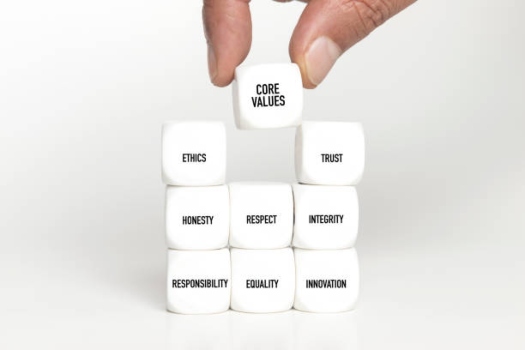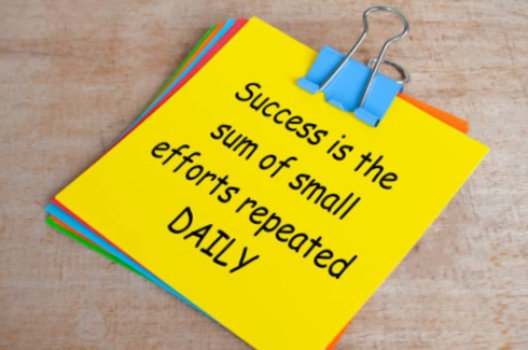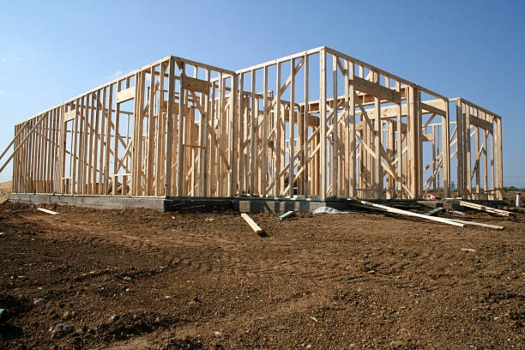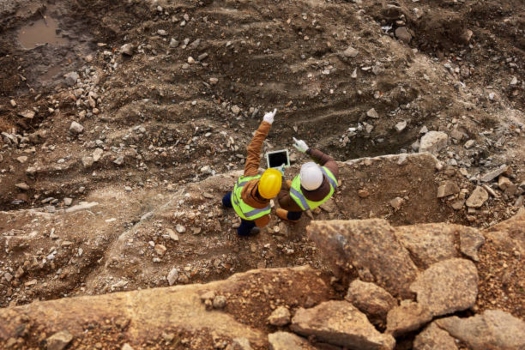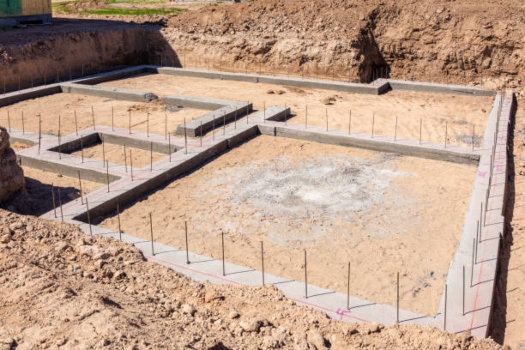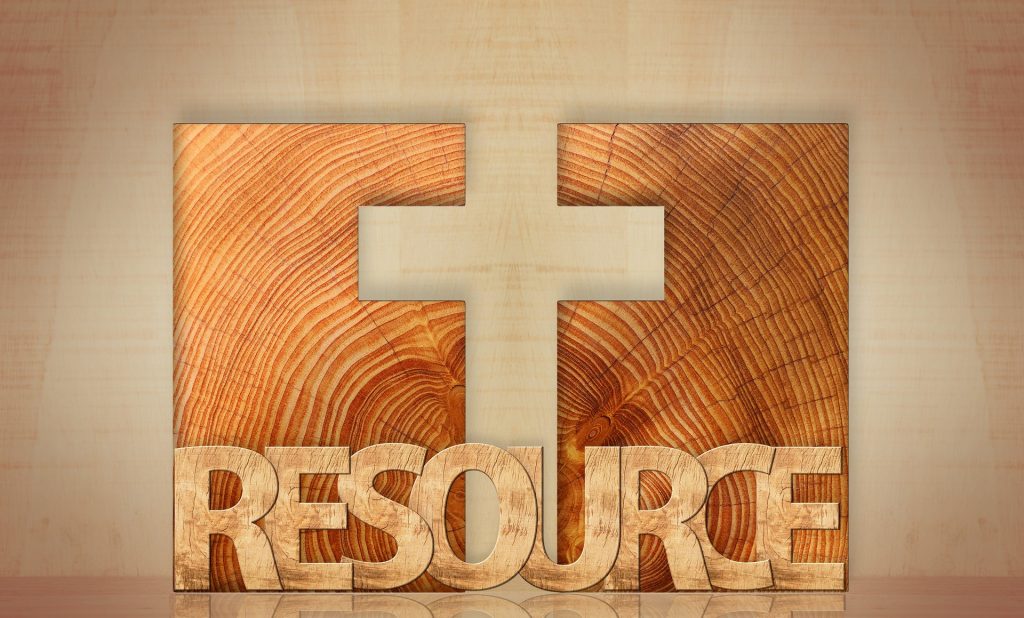They Will Help You Avoid Wandering
Core values are the foundation your life and business are built on. Last week I gave you a brief definition of what my first six core values mean to me. This week I’ll do the same thing with the final six.
Here are the final six:
Build the wall one brick at a time

A more common saying is to eat the elephant one bite at a time. Building the wall one brick at a time is the same thing. It’s just a more construction-focused message. When there is so much to do, it is easy to be pulled in many directions and to lose focus. It is important to concentrate on one thing at a time. Otherwise, we can become overwhelmed and unable to focus on any one thing well. It takes thousands of bricks to build a building, but we can only lay one brick at a time. Focus on that one next brick.
I have two ears and one mouth
It is important to be quiet and to listen to what others have to say. As I process information, I tend to think out loud, which is me talking. I need to remember to listen better and talk less. We are all in such a hurry and have so much going on in our heads that it can be hard to listen. This core value reminds me of the importance of slowing down and listening.
Avoid drama
Life is too short to get caught up in things that are out of our control and/or have no or little effect on what is truly important. Some people aren’t happy unless they have some drama going on. This means they want to pull everyone around them into the fray. Those of us who want to make things better can be pulled into these situations. Don’t be pulled in.
Be accountable
I am responsible for my actions, whatever they are. I have the power to make decisions and act accordingly. Choice is the one superpower that we all have. Too many times we choose not to use it. It’s easy to point the finger at someone else and not take the blame for things that are our fault. If it’s our fault we need to own it.
Take off the blinders, be more observant
Intentionally slow down and be observant. Look around and really SEE things. It can be hard to do this when there is so much to do. Being focused on work and projects is a good thing unless it becomes the only thing. You can be so focused that you miss out on other important things. I tend to get focused like this. That is why this is one of my core values. It reminds me of the importance of this.
Intentional action

This is the second most important one behind “honoring God in all that I do”. Nothing happens without action, and we need to be intentional about doing something. It can be hard to move forward when attempting to achieve perfection. It is important to stop thinking and talking about it, but rather take action and do it. A lack of action holds more people back than anything else. Action without being intentional can take us in the wrong direction if we aren’t careful. Too many times we get stuck looking for a guarantee that what we’re thinking about doing is right. Take intentional action.
And that is all of my core values.
I read through them at the start and end of each day. This helps me to continually build my business and life on a solid foundation.
If you would like to figure out what your core values are you can use the process for building your business on a solid foundation.

Another way to avoid wandering is having good business tools. We’re currently offering a free, customized construction proposal system to one lucky winner.
Here’s what you’ll win:
- Tailored System: Built to match your unique business needs
- Digital Tools & Templates: Easy-to-use resources to save you time
- 1-on-1 Coaching: Weekly sessions to guide you step-by-step
- Follow-up & Reviews: Stay on track with ongoing support
If you or someone you know would benefit from having a proposal system.


